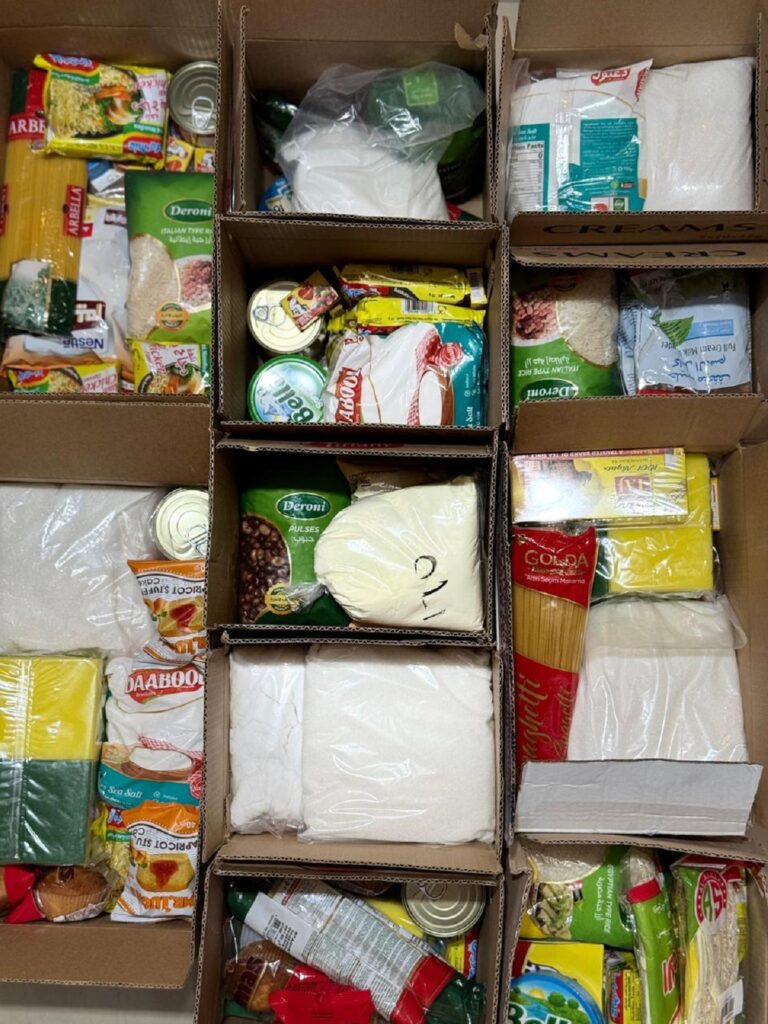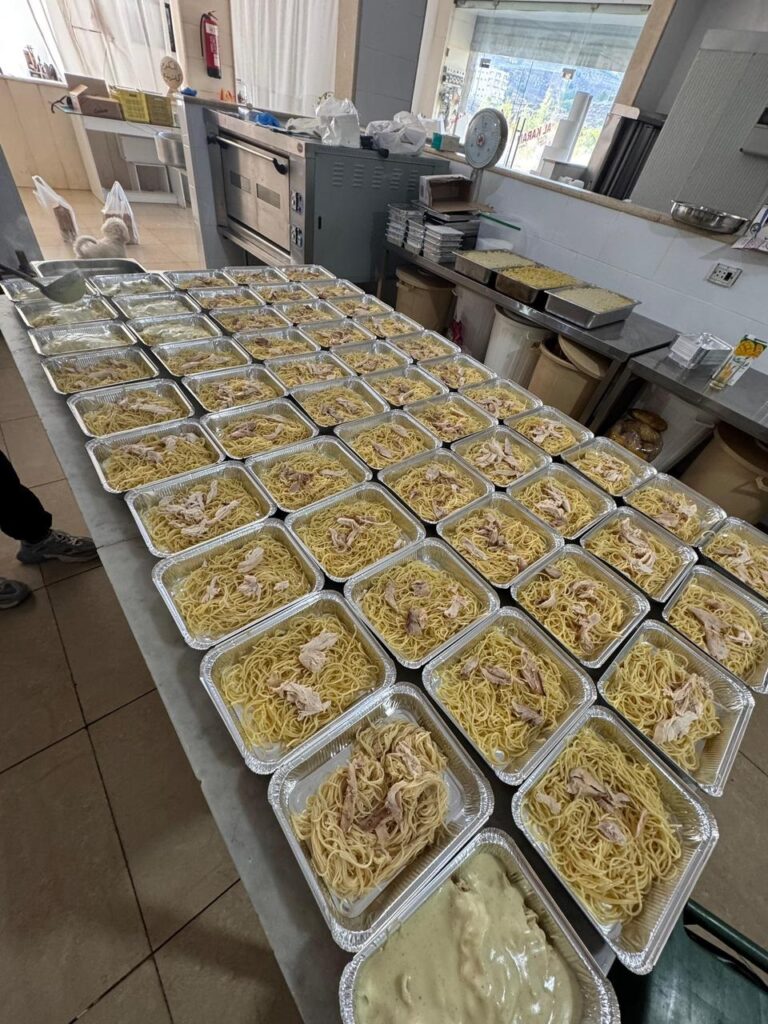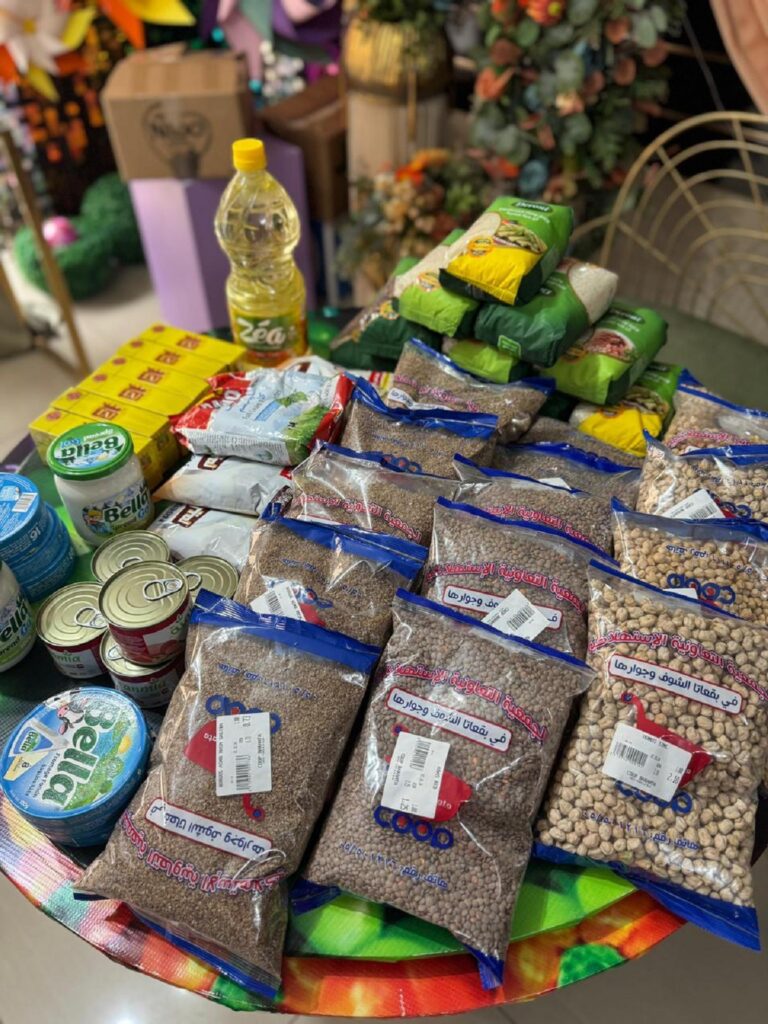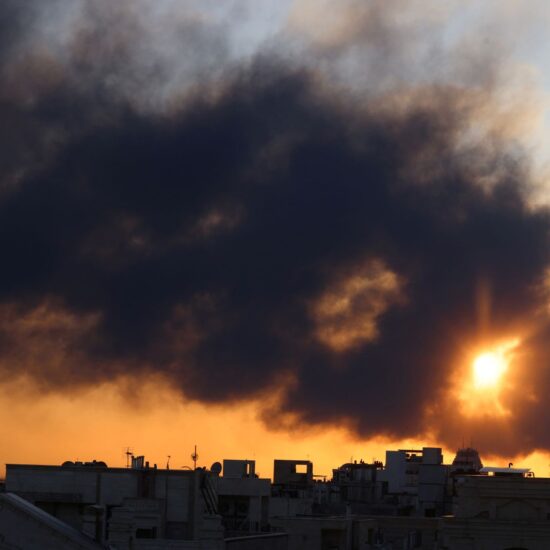
How local Lebanese initiatives and NGOs are stepping up where the government and Hezbollah fall short amid the war
The Lebanese government and Hezbollah-affiliated organizations’ failure to provide adequate shelter and support for the displaced population has faced intense criticism from both supporters and critics. Many are frustrated that funds are available for building tunnels but not for constructing shelters in case of war, as was evident after Israel recently intensified its attacks on southern Lebanon, followed by strikes on the Dahieh and Beqaa regions.
Whilst thousands of people fleeing violence in southern Lebanon, the Beqaa Valley, and Beirut suburbs, they have found themselves without sufficient protection or resources.
Instead of state-organized shelters or help from organizations that belong to the government or Hezbollah, local initiatives and NGOs have stepped in to fill the void.
Most schools are at full capacity and some are in poor condition due to Lebanon’s severe economic crisis, compounded by the paralysis of the government.
Criticism is mounting at the lack of an emergency and robust plan in place, leaving vulnerable individuals in Beirut and other areas sleeping on the streets, whilst those who are more financially capable are having to spend hundreds and sometimes thousands on renting apartments in safer areas, if there is even availability due to the high demand.

Individual boxes of essential food items for families in need who are sheltering in homes provided free of charge from the community in Chouf, By Akram Zebiane
Political analyst and writer on Lebanon’s political system at the Middle East Council on Global Affairs, Nadim Jaber, told NOW that the neglect from Hezbollah is shown by the fragility of the situation of the displaced people who have clearly failed in preparing a systematic plan for the humanitarian fallout of their decisions in dragging the whole country to war. This will inevitably lead to increased frustration among their base, who once relied on the group’s social support structures and were expecting something to make them protected or at least sheltered.
For Nadim, Hezbollah’s prioritization of military infrastructure over civilian protection is exacerbating Lebanon’s already fragile situation in the current displacement crisis as it is clear that people are disappointed and are shifting their thoughts and trust toward the group.
According to the Lebanese Council of Ministers, about 115,000 people are living in state-run shelters, though the true number of displaced people is believed to be far greater.
Many displaced people have been sleeping rough on the streets of Beirut, lying on pavements with thin blankets and crowding public parks. Those who spoke to NOW said they had not been given any services since their displacement on Friday night, except from local NGOs and volunteers who are carrying out the initiatives.
While shelters in Beirut, Sidon, the north, and Mount Lebanon have opened to welcome those escaping the attacks, many remain without a place to stay and are having to rely on people’s generosity and food donations to get by.
Lebanese Prime Minister Najib Mikati and the UN humanitarian coordinator in Lebanon, Imran Riza, have issued an urgent plea for 426 million dollars to address the humanitarian crisis.
The Lebanese state along with Hezbollah-affiliated organizations remain under heavy criticism for their lack of action and preparation for this devastating situation with many Lebanese having taken it upon themselves to fill the gap and help people directly.
As the weather gets colder, the nights get harder

Cooked meals for the displaced individuals sheltering in Mount Lebanons schools, By Akram Zebiane
In Beirut’s crowded beachfront with dozens of families who fled the bombing from Dahieh, Umm Hassan, a mother of 4 sits with her hand on her cheeks, weighed down by worries. “We are waiting for do-gooders, the state has not been able to provide the simplest needs, we are living an unknown fate, and we don’t know what awaits us,” she says, with a deep sigh that precedes her.
Umm Hassan’s words reflect the suffering shared by hundreds of thousands of displaced people who fled their villages and towns to escape the extensive Israeli bombardment in recent weeks.
“The situation is unbearable, we are 6 people sharing one rug, and we cover ourselves with two blankets only. We don’t even have a tent to shelter us, we live in the open, I have children and the nights are getting colder,” Umm Hassan added.
The displacement in Lebanon is worsening with the continuation of the Israeli aggression, which recently affected the southern suburbs of Beirut, and resulted in a new wave of displacement as a result of airstrikes, not to mention threats to displace many neighborhoods, residential buildings and southern cities, deepening the raging humanitarian crisis.
“We are disappointed, we had high hopes in our Hezb (referring to Hezbollah), we never thought we would leave our homes to be homeless on the streets, we were living in fulfillment and satisfied with our lives in the village.” Fatema from Ansar village in south Lebanon who fled to Beirut streets feels like she and her family have lost their dignity in this war.
Individual initiatives on the ground in the absence of government support

Food packages collected by a group of volunteers for distribution to the displaced community in Chouf region, By Akram Zebiane
In a Lebanon plagued by economic, social, and political crises, and lacking a functioning government, authorities have neglected those displaced by the recent conflict, leaving many homeless or sheltering in schools. To fill this gap, local initiatives have emerged.
In Mount Lebanon, Akram Zebian, an interior designer and event planner, launched a donation drive to support those who fled the South when attacks intensified.
“We started an initiative to help those fleeing war zones who arrived with nothing, lacking essentials like food, water, and personal items. We organized donations to support not only those sheltering in schools but also those staying in homes generously offered by residents of Chouf,” Akram said.
Akram’s phone rang non-stop during the first week as dozens of people offered donations, driven by the trust built through social media posts showing the collection and distribution. “This was a purely local initiative, with no support from organizations or NGOs,” he said.
According to Akram, the Lebanese government has offered no help, and Hezbollah’s lack of support during the displacement crisis highlights their unpreparedness. This crisis has exposed their inability to provide basic needs like safe shelters, yet it also proved that the Lebanese people unite in solidarity, regardless of religion or political stance.
Rodayna Raydan is a Lebanese-British journalist. You can follow her on Twitter @Rodayna_462
The views in this story reflect those of the author alone and do not necessarily reflect the beliefs of NOW.








